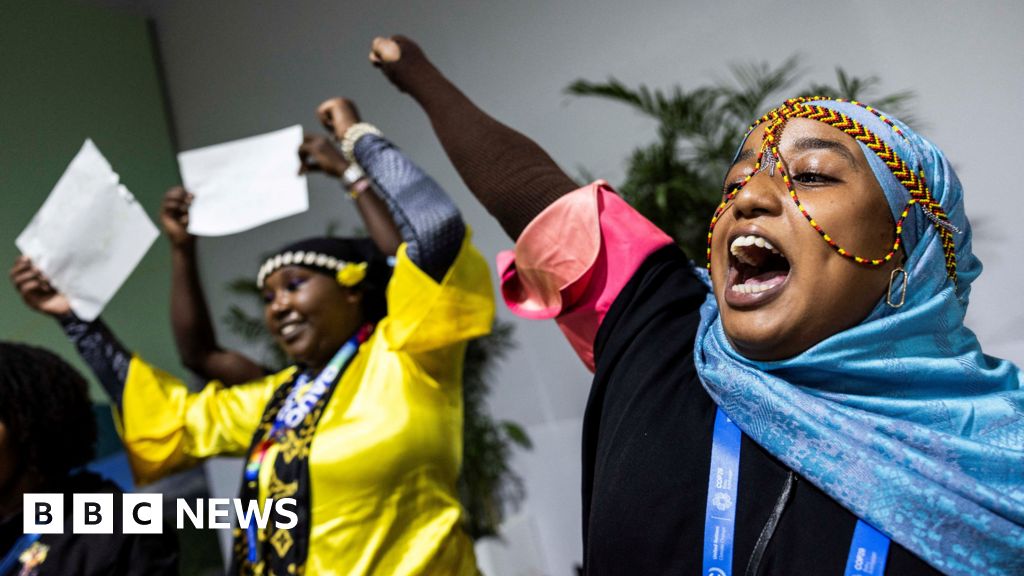You have a preview view of this article while we are checking your access. When we have confirmed access, the full article content will load.
Yahya Sinwar is increasingly fatalistic, has blocked a cease-fire deal and, so far, been frustrated that Hezbollah and Iran have not come to his aid, officials said.

Oct. 4, 2024Updated 1:57 p.m. ET
The leader of Hamas, Yahya Sinwar, has become fatalistic after nearly a year of war in Gaza and is determined to see Israel embroiled in a wider regional conflict, U.S. officials said.
Mr. Sinwar has long believed he will not survive the war, a view that has hindered negotiations to secure the release of hostages seized by his group in the Oct. 7 attacks in Israel, according to U.S. intelligence assessments.
His attitude has hardened in recent weeks, U.S. officials say, and American negotiators now believe that Hamas has no intention of reaching a deal with Israel.
Prime Minister Benjamin Netanyahu of Israel has also rejected proposals in the negotiations and added positions that have complicated the talks. U.S. officials assess that he is mainly concerned about his political survival and might not think a cease-fire in Gaza is in his interests.
Hamas has shown no desire at all to engage in talks in recent weeks, U.S. officials say. They suspect that Mr. Sinwar has grown more resigned as Israeli forces pursue him and talk about closing in on him.
A larger war that puts pressure on Israel and its military would, in Mr. Sinwar’s assessment, force them to scale back operations in Gaza, the U.S. officials said.

 1 month ago
7
1 month ago
7









 English (US) ·
English (US) ·